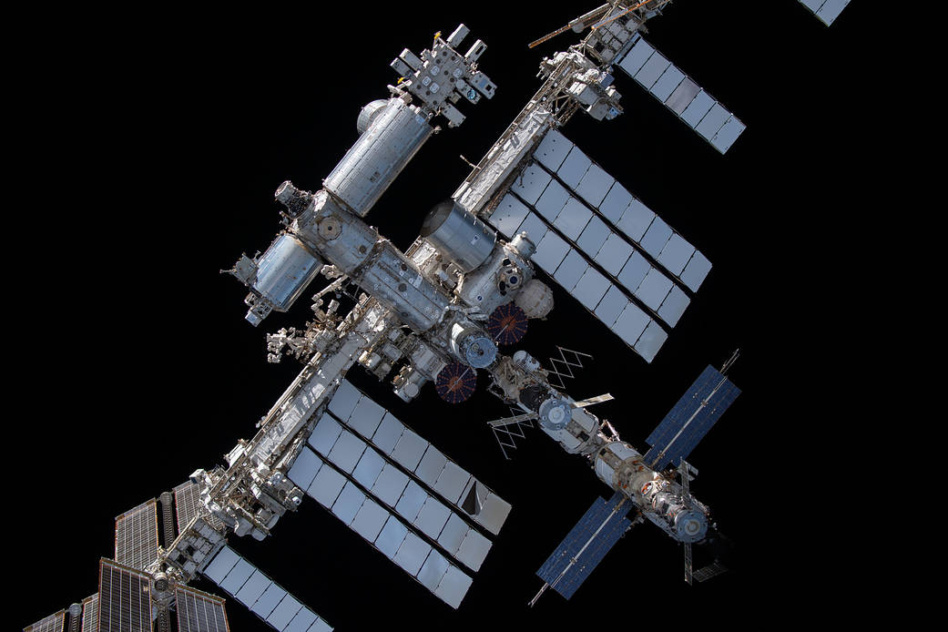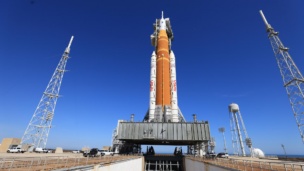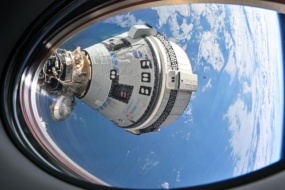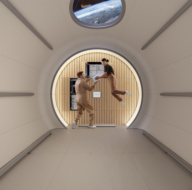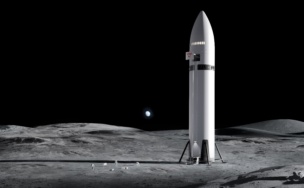Yesterday, NASA hosted an Advisory Council meeting to recap 2021 and discuss updates to many of its programs, including Artemis and the ISS, with the public.
Mission update: Ax-1, the first all-private astronaut trip to the ISS, has apparently slipped a month to March 31. The agency didn’t elaborate on the change.
Artemis updates: The much-anticipated lunar missions are getting closer, with NASA targeting an Artemis I launch in late March or April (key word: targeting). The agency will announce the crew for the Artemis II lunar flyby mission in the back half of 2022.
ISSues: The ISS is getting old. The Biden administration recently officially extended its lifetime until 2030, an expected move even following a NASA OIG report that found wear and tear was chipping away at the station faster than expected.
NASA outlined some suspected issues with the orbital outpost.
- Atmosphere leak: The ISS crew has been tracking a leak in the Russian service module since September 2019. That leak has been isolated. The crew is on the hunt for other cracks, working out mitigation strategies. In the meantime, NASA says there’s no “imminent danger” to the crew onboard.
- Faulty thrusters: Multipurpose Laboratory Module thrusters fired unexpectedly after it docked in July, causing the ISS to make corrective maneuvers. Russia’s space program is still finalizing its report on the incident.
- Collision course: Since the Russian ASAT test in November, which created 1,500+ pieces of trackable debris, the chance that the ISS could face a collision in space has practically doubled, from ~1/50,000 orbits to 1/33,000–1/25,000 orbits.
NASA reassured listeners that the ISS has protocols for navigating through debris fields; however, the increasing amount of debris in LEO is a contentious subject that could threaten access to space.
Scientific breakthroughs: It’s not all bad on the ISS. The Expedition 65 crew performed 290 investigations, including invaluable research on heart and muscle tissue and kidney stones in microgravity.
- “Lives have been saved that could not have been saved without research on the International Space Station,” per NASA ISS Director Robyn Gatens.
Transparency, please: Wayne Hale, former Space Shuttle program manager, expressed his frustration with the decreased information flow from NASA in recent years. He urged the council to consider more thorough and frequent debriefs with the public. We’re hoping for that, too.
